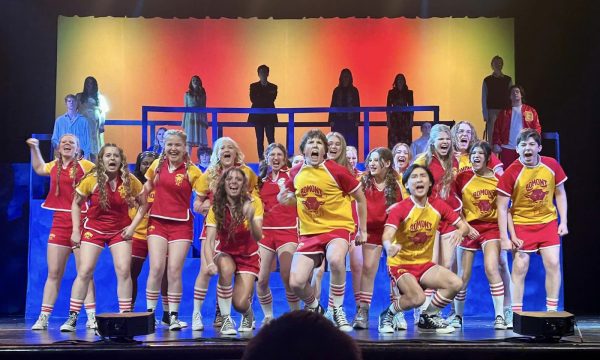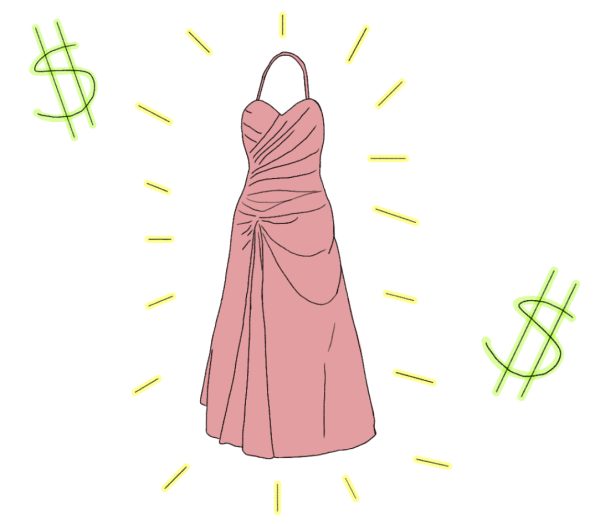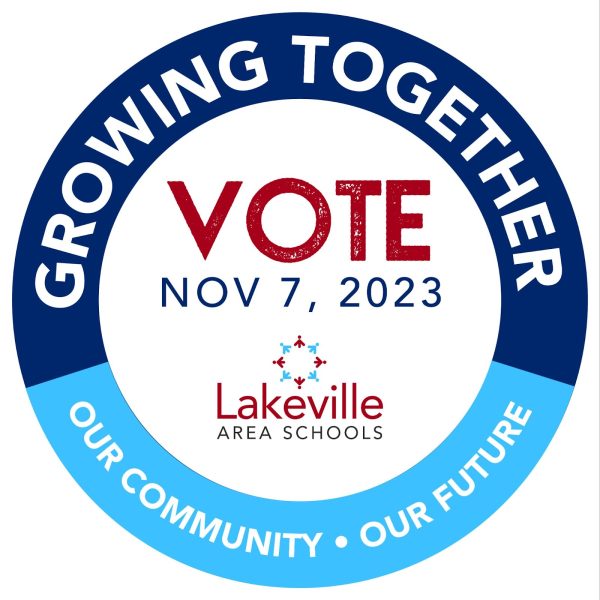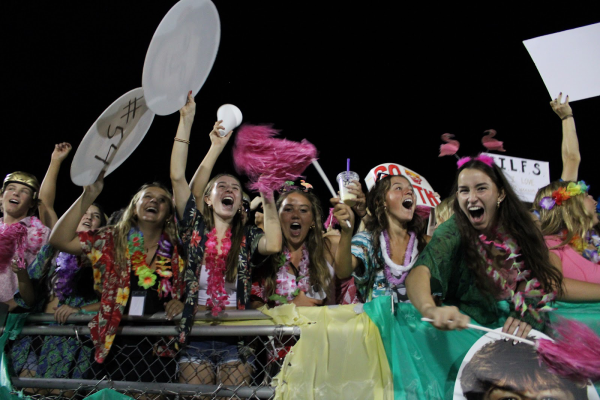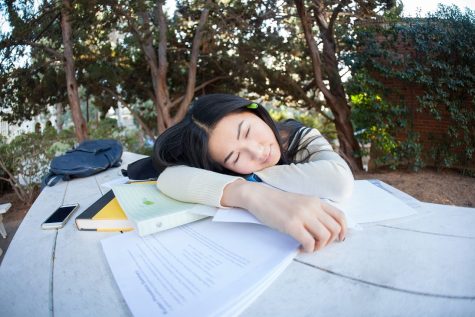How to Study Smarter
May 24, 2022
The end of the year is fast approaching, bringing warm weather and big milestones, but also inevitable final tests and projects in many classes. Even if your class isn’t having a “traditional” final, chances are that you may still have some studying to do before the year is out. Preparing for big tests and projects can often feel like a daunting task, but with a few tips, you’ll be confident and collected on the big day.
Everyone has their own study tips and tricks to get the most out of their class time and free periods, but more often than not, the ways in which we study actually take away more than they give. While some people like to reread their textbooks over and over again to promote memorization, research has proven that consciously applying the knowledge you’ve read and putting it into your own words is much more effective (Kowalski, Top Tips). This is why taking notes and making flash cards are valuable ways to commit large amounts of information to memory. So, the next time you reach for that textbook to do some late-night studying, try rephrasing the information that you’ve learned into your own words. You’ll likely remember more and be more likely to apply the knowledge that you’ve acquired.
Maybe you’re looking for ways to make your study periods more bearable. Research suggests that balancing study time with periodic leisure breaks is a more effective and less stressful way to study (Montgomery, Study Better). Getting up and walking around, stepping away from the desk, textbook, or notes, or being outside, are all perfect examples of both healthy and productive breaks. After all, your brain needs rest to study, just as much as it needs quality time to absorb material. By giving yourself a mental break, your brain becomes stronger and more efficient.
Other people may have trouble concentrating; maybe taking breaks comes naturally to them, but they just can’t seem to get back into their studying rhythm. This is completely normal. One easy way to maximize your concentration during a hard-core study session is by turning off cellphones and tablets while you study (Montgomery, Study Better). Pesky notifications can interrupt your flow, and make it harder to get back to work. Also, it is important to make sure that you are studying in a quiet place at a comfortable temperature. Don’t be afraid to do whatever you need to do to get it done. If you know you don’t study well at home, go to the library; the change of scenery and purposeful location will motivate you to use your time wisely and study more efficiently (Montgomery, Study Better).
If you are someone who gets very stressed at the end of the year, I have good news for you. Research has shown that a little bit of stress is highly beneficial to studying effectiveness. In a sense, good stress can motivate you to study harder, work longer, and remember more. However, it’s also important to note that too much stress can negatively affect your eating, sleeping, and waking habits, which can put you at a huge disadvantage when it comes to the big day (Mortillaro, Science-Based Tips). If you feel yourself getting too stressed, I suggest stepping away for a few minutes and reflecting on your priorities. If you have done enough, it will be enough. Use small amounts of stress as your secret weapon, but be aware of your mental health and dial back if it becomes too overwhelming.
Whether it’s flashcards or notebooks, color-coding or diagram-drawing, there are many effective ways to study for that big test, ace that semester final, or crush that huge project. The most important thing is to listen to yourself, choose what works best for you, and trust the process. If you still don’t know where to start, or if these suggestions don’t work for you, it’s always a good idea to ask your teachers for advice and additional resources. As you begin, it may seem overwhelming, but there is truly no better feeling than walking out of a big test or presentation knowing that you have done your best.
Kowalski, Kathiann. “Top 10 Tips on How to Study Smarter, Not Longer.” Science News for Students , 9 Sept. 2020

Courtesy of Nick Youngson
Montgomery, Courtney. “How to Study Better in High School: 16 Expert Tips.” PrepScholar, 27 Mar. 2022
Mortillaro, Nicole. “Science-Based Tips on How to Study for Exams More Effectively | CBC News.” CBCnews, CBC/Radio Canada, 23 Dec. 2016,


